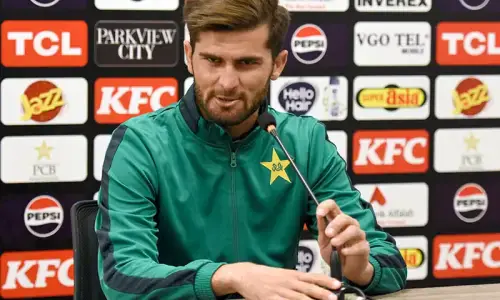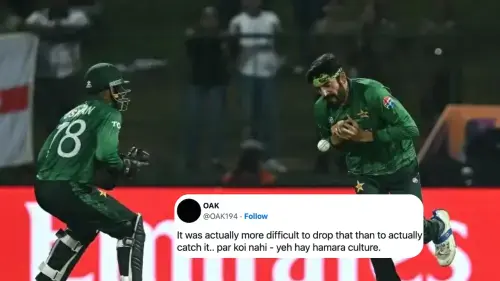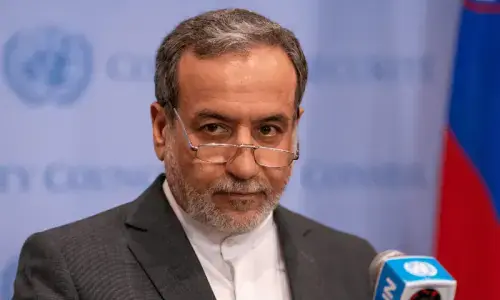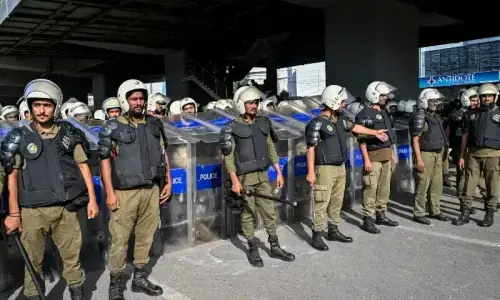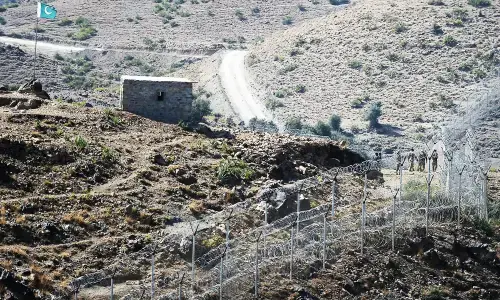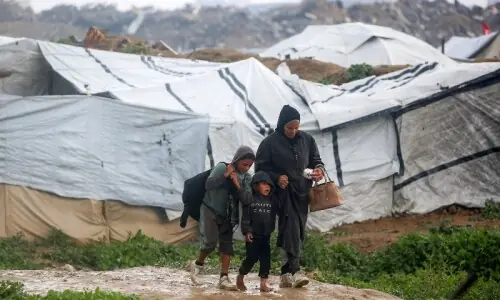
RESULTS from crucial state polls in India on Tuesday have come as a major setback for Prime Minister Narendra Modi ahead of next year’s general election. The ruling Bharatiya Janata Party (BJP) has been evicted from its strongholds of Rajasthan, Madhya Pradesh and Chhattisgarh.
Mr Modi had won a whopping 62 of the 65 MPs from the three states in the election for prime minister in May 2014.
In a symbol of sorts to mock the prime minister’s politics of Hindutva, India’s first cow minister, Otaram Dewasi from Rajasthan, lost his seat in Sirohi in the assembly elections to an independent candidate by 10,000 votes.
Mr Modi’s term in office has seen an unprecedented recourse to lynching of Muslims by self-styled cow vigilantes as an instrument of political mobilisation.
According to early results, the Congress has emphatically displaced the BJP in Rajasthan, bordering Mr Modi’s home state of Gujarat, and also in the predominantly tribal state of Chhattisgarh. It was tantalisingly close to the halfway mark in Madhya Pradesh (MP), with the BJP trailing a close second. The Congress was at 115 seats, one short of a majority in the state, and the BJP was trailing at 108, 57 seats short of its tally five years ago.
The BJP is known to have snatched away states where the Congress won as the leading party, but fell just short of a majority.
In Telangana, carved out of the erstwhile state of Hyderabad, and the tribal state of Mizoram in the northeast, regional parties have scored thumping victories, with the Congress coming a distant second.
Some analysts see the latest contest as a semi-final to the general election, due by May 2019. However, this could work both ways for the opposition, a motley group of regional parties, communists and the Congress.
Former BJP prime minister Atal Bihari Vajpayee won all the three state polls in 2003, but lost the general election in 2004.
The three states the BJP has lost were hewn in the Gujarat laboratory, and they are critical to Hindutva politics. The BJP has been in power since 2003 in MP and Chhattisgarh.
The fact that it deployed Uttar Pradesh Chief Minister Yogi Adityanath for campaigning is being interpreted in two ways. The BJP’s Hindutva hardliners are arguing that Mr Adtiyanath, known for his anti-Muslim vitriol, may have saved the party from a bigger defeat. But it could also be a talking point for those in the BJP who see the campaign to build the Ram temple in Ayodhya and other Hindutva motifs as not clicking with the people.
The polls have naturally pared down Mr Modi’s standing as a star campaigner for the party, and his handpicked BJP president Amit Shah will have some explaining to do. He could argue, though, that it was Mr Modi’s personal appeal that prevented a rout of the BJP in Madhya Pradesh and Rajasthan.
Some say though that when the 2019 election are framed as a verdict on Mr Modi and his politics, the scenario could be different from what it is today.
A weakened BJP at the state level in critical regions could force Mr Modi to place himself at the centre of the campaign as he had done in 2014.
“The difference now is that he is no longer a challenger to the regime. He is the regime,” says the Indian Express. “He will double down on attempts to contrast himself with Rahul Gandhi.”
As for Mr Gandhi, he would need to take a call on how to pull together often the perennially querulous groups within the Congress, a factor that could have prevented the party from getting a clean majority in Madhya Pradesh.
He would also need to focus on disparate regional parties and the communists as his allies, not an easy proposition with everyone eyeing the cream for themselves. Mr Gandhi’s enthusiasm for using Hindu symbolism has forced his party to keep away from Meo Muslims in Rajasthan.
However, such enthusiasm is not shared by his future allies, namely Dalit leader Mayawati, Uttar Pradesh satrap Akhilesh Yadav, Bihar leader Lalu Yadav and West Bengal Chief Minister Mamata Bannerji.
A similar challenge confronts Mr Modi. He has to now outsmart Mr Yogi in the Hindutva game. Analysts say a more detailed analysis of how the Modi factor worked in comparison with the Yogi factor in these core regions of Hindutva is likely to be done by the Rashtriya Swayamsewak Sangh, BJP’s ideological parent.
It would also be an occasion for smaller groups such as the Aam Aadmi Party to get serious about the general election. The party went on its own into the Madhya Pradesh polls and fared poorly, possibly even cutting Congress votes.
The results to the five states look good for the Congress and a huge setback to the BJP.
In Madhya Pradesh, the Congress tally was 115, one short of a simple majority in the 230-seat assembly, with BJP trailing at 108. The Bahujan Samaj Party of former Uttar Pradesh chief minister Mayawati has won two seats, and could be roped in to help the Congress.
In Rajasthan’s 199-seat assembly, the Congress won 101 seats and the BJP was trailing at 73. Two seats went to the Communist party of India (Marxist).
In Chhattisgarh’s 90-seat assembly, the Congress grabbed 68 and the BJP got 16.
In Telangana (119 seats) and Mizoram (40 seats) the regional parties won the elections with 88 and 26 constituencies. Congress trailed as a distant second.
Published in Dawn, December 12th, 2018













